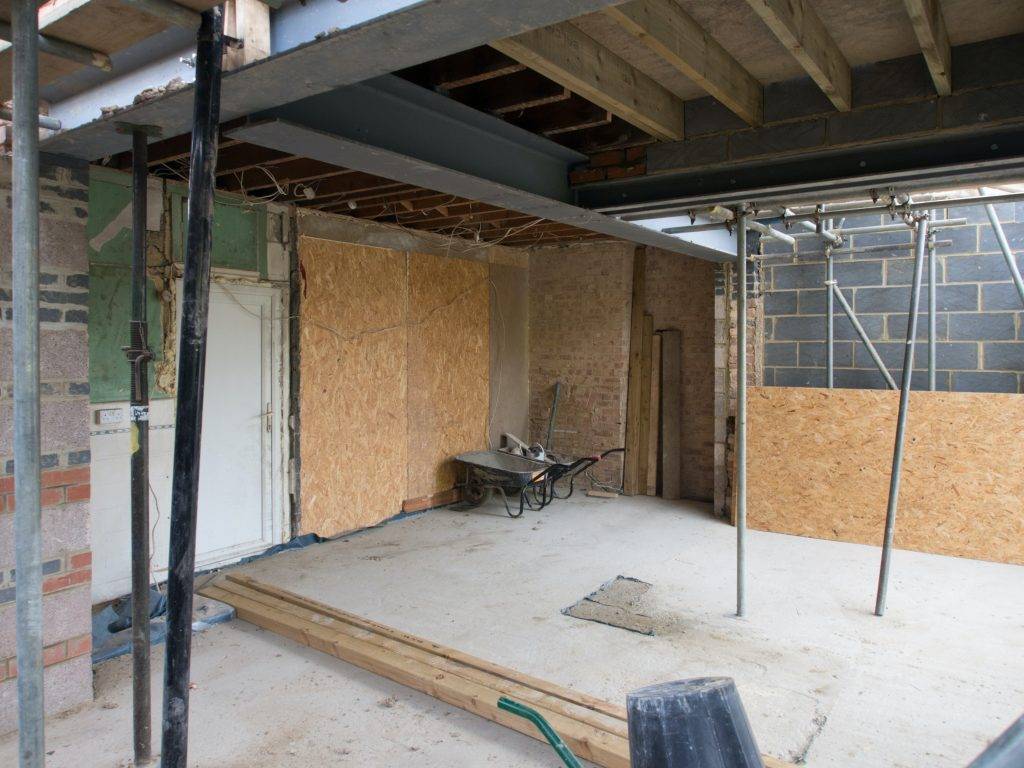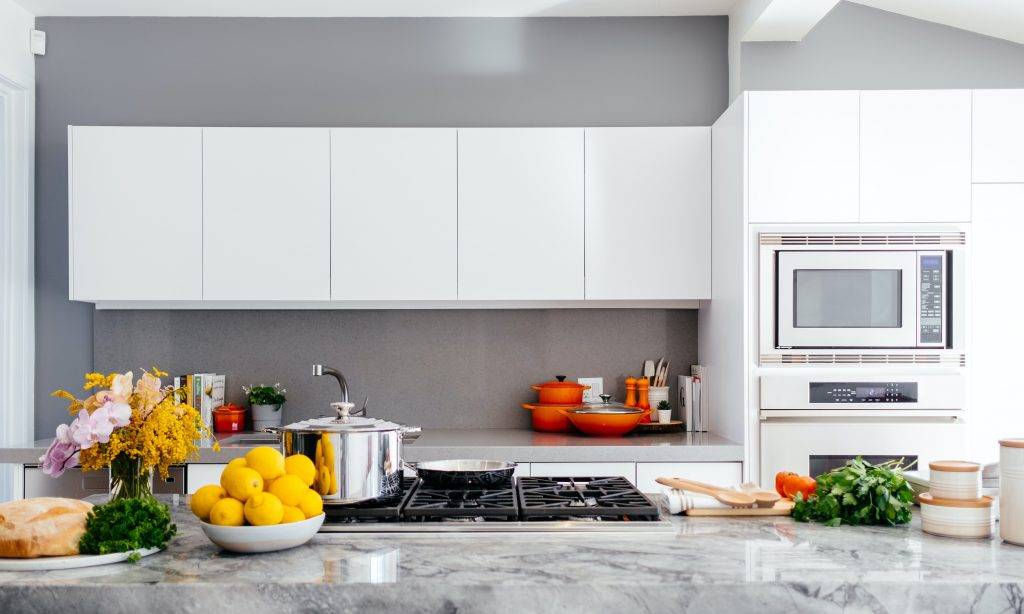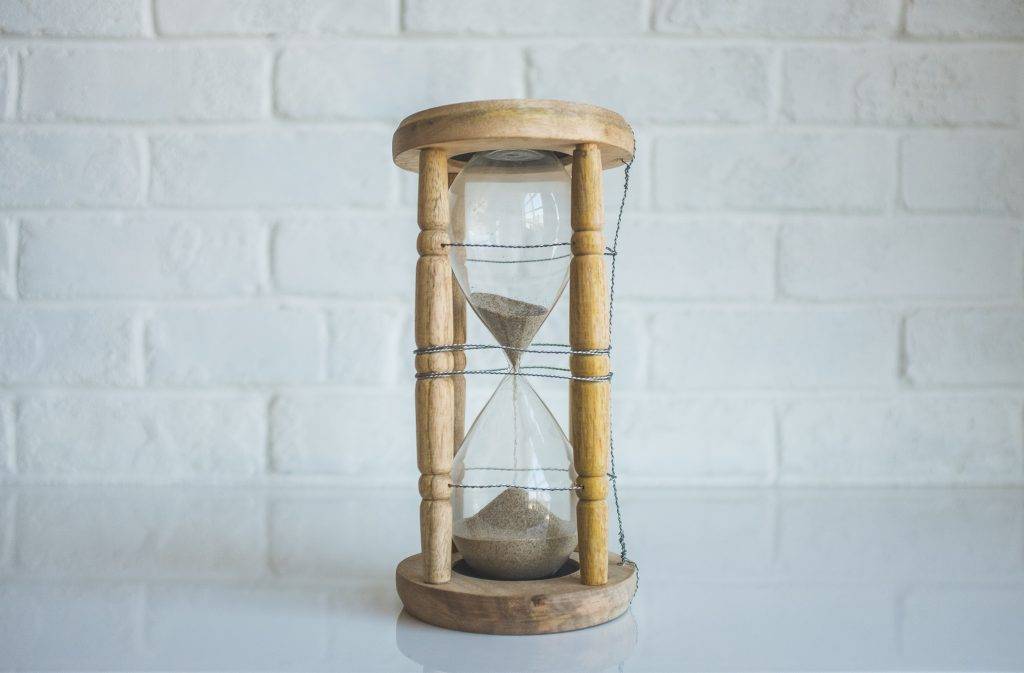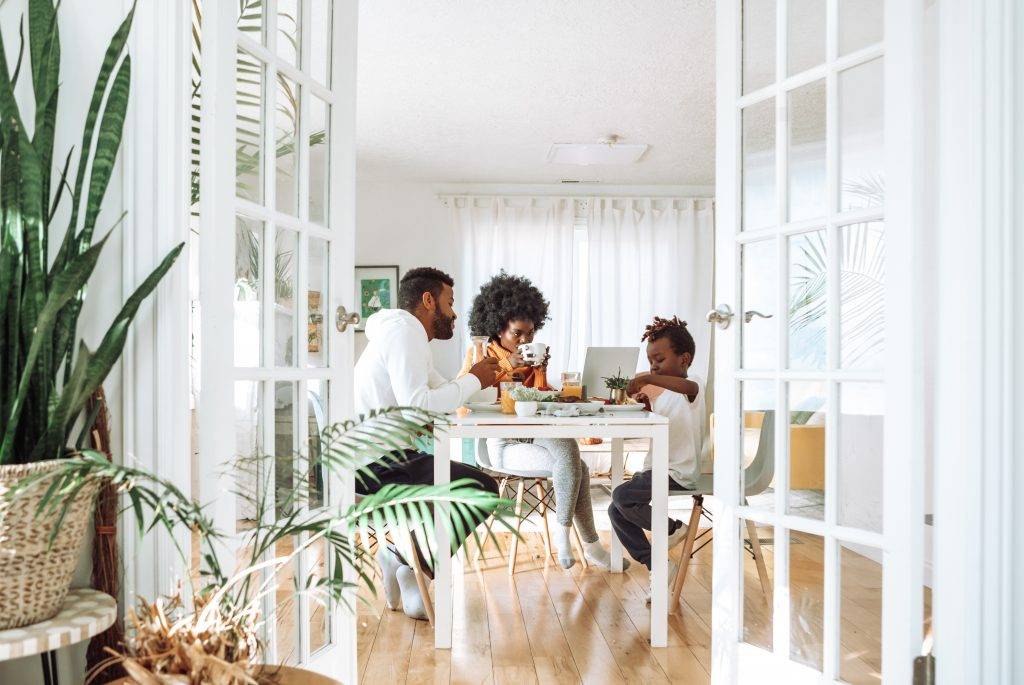The Build Process – How Does It All Come Together Onsite?
Are you wondering how an addition will be built on your home and in what order it happens? We have made a timelapse across one of our additions for you to see how it all comes together.
Check out our YouTube playlist here to watch all the stages to Lock up on our second storey addition in West Pennant Hills
How long does it take our team to get to Lock Up? It takes our team approx 4-6 weeks to get to lock up – this is varies on the size of the addition
What is Lock Up? Lock up is defined as having the roof, windows and cladding installed – essentially everything is “locked up” and protected from the elements.
Our team can help guide you through the process. Reach out and get started with us today
How to Decide Whether to Move Out or Live Through a First Floor Addition, Ground Floor Extension or Renovation?
Whether you are building a First Floor Addition, Ground Floor Extension or Renovation, the one question that our clients always ask us is can they stay in the home and live through construction or should they consider temporarily moving out? This is a big decision to make — with a lot of factors to consider other than your budget when entering into significant construction works to your home.
We have outlined below some of the factors to take into account when looking to stay or move.
Factor # 1 – Scope of works
<![endif]–>
How to save money building a First Floor Addition vs a Ground Floor Extension
We often have clients that approach us looking to add more room to their home.
A common question we are asked is ‘Should I build an extension or an addition?‘
We look at the benefits of building an Addition vs an Extension below.
What’s the difference between an Extension and an Addition?
Extension
In the building industry, the term ‘extension’ refers to extending an existing building; to extend its overall floor size. Basically, it means to add another room or make a room larger whilst remaining at the ground level. To add an extension to your home, you will need to sacrifice some of your backyard or front yard to accommodate the extra room.
Addition
Similar to an extension, an addition can add more living space to your home. However, with an addition (also known as a second storey addition/first floor addition), you do not need to give up any of your yard space as an ‘addition’ goes up and not out like an extension is required to do. In other words, when you have an addition done to your home, you will gain another floor level. Adding height rather than length.
The cost benefits of building an Addition vs an Extension
- You can keep living in your home whilst an addition is being built, this saves you the costs related to finding short term accommodation and relocating your family and your possessions.
- You do not have to worry about soil removal. When building an extension, excavation and site preparation costs can be high. Not only do you have to prepare the site to be built on, you often need to remove any excess soil and other materials to make way for the extension.
- An addition can add significant value to your home. How much value can vary greatly depending on what you plan to add to your home. Regardless, a first floor addition is said to add between 30 to 60% to the value of your home.
- If you add extra bedrooms and bathrooms to your home, you can expect a significant return on your investment. This increase in house value is often in line with the difference in house prices from going from a three-bedroom home to a five-bedroom home.
- Choosing to build a First Floor Addition to your home rather than a Ground Floor Extension will also result in you being able to retain more yard space and this will also further add to the selling power of your property.
Regardless of your decision, our team can assist you with an Addition or Extension to your home. Contact us to discuss how we can add more room to your home.

How we are keeping you COVID safe during your build

With the current challenges associated with COVID-19 and our clients’ safety and well being at the top of our priorities, we have implemented several measures to ensure that we keep you COVID Safe during your build.
We are a NSW Government registered COVID Safe business with a COVID-19 Safety Plan in place and we are committed to keeping you and your family as well as our team safe.
Some of the measures we have implemented are:
- We keep our team isolated from the existing home and our clients for the maximum time period that is practicable. This includes not penetrating the ground floor for as long as possible when building a first-floor addition and utilising scaffolding to complete the majority of the build until we are required to create the entry hole for the stairs.
- We have introduced hygiene stations (pictured below) across our sites, which ensures that there are adequate facilities for our team to enable good hygiene practices (e.g. soap, hand sanitiser, signage and reminders).

- We have developed and implemented infection control policies and procedures.
- All of our team have been directed to comply with the latest quarantine measures if they are experiencing any flu-like symptoms or are feeling unwell.
- Every individual that enters any job site is required to complete an induction and we keep log of their details.
- Rather than face to face communication, we can communicate with our clients via video calling/conferencing, messaging (Whatsapp, text messages etc.) and email before, during and after the build, to enable a seamless contact-free build process, eliminating any unnecessary contact.
Your family’s and our family’s safety is of the utmost importance and we have implemented the above strategies to ensure that we all remain safe and healthy during these challenging times.
We appreciate your continuous support and business during these times and would love to create more space for your family to live comfortably and happily together.
Should you wish to discuss your build or enquire about the safety measures we have in place, please contact us on (02) 4647 2324.


 How much work is going to be done to your home? Are you doing a
How much work is going to be done to your home? Are you doing a 
 If you choose to live through the
If you choose to live through the  Can you deal with the noise coming from jackhammers, electric saws, welding machines, dump trucks, cement mixers, cement cutters, tamping machines, sledgehammers, and drills as early as 7AM and as late as 6PM?
Can you deal with the noise coming from jackhammers, electric saws, welding machines, dump trucks, cement mixers, cement cutters, tamping machines, sledgehammers, and drills as early as 7AM and as late as 6PM?  When the
When the 

